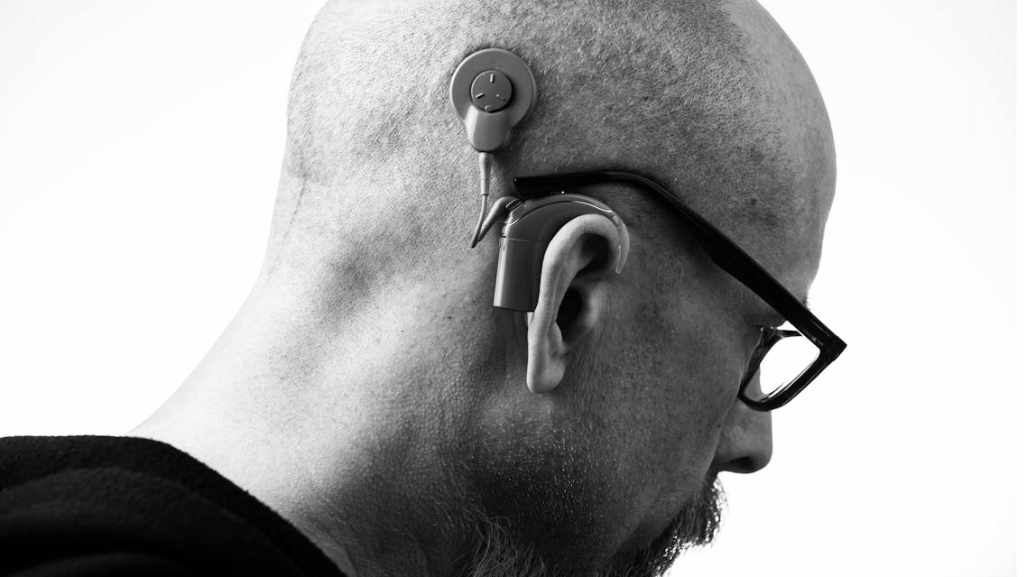Hearing health is often overlooked, but it plays a vital role in our well-being. Many individuals take their hearing for granted, believing that as long as they can hear, nothing is amiss. Unfortunately, neglecting hearing health can lead to significant cognitive, emotional, and social consequences. From impaired communication to increased risks of isolation and depression, understanding the long-term effects of poor hearing is crucial. This article delves into the various impacts of neglecting hearing health and emphasizes the importance of regular hearing tests and interventions.
The Impact of Hearing Loss on Daily Life
Hearing loss doesn’t just affect the ability to understand words; it can dramatically alter one’s day-to-day experiences. Individuals with untreated hearing loss often encounter challenges in noisy environments, struggle to follow conversations, and miss important cues in social interactions. Approximately 15% of American adults (37.5 million) aged 18 and over report some trouble hearing. As the condition progresses, simple activities and engagements, such as family gatherings or social outings, can become daunting tasks, contributing to feelings of frustration and helplessness.
Social interaction is vital for maintaining mental health. When hearing loss goes unaddressed, individuals may begin to withdraw from social settings. The feeling of being disconnected from group conversations can lead to isolation, exacerbating mental health issues like anxiety and depression. If you look into https://owlhearing.com/, you’ll see that there are services for hearing testing that can help identify hearing issues early and guide individuals toward effective solutions. Taking action sooner rather than later can significantly improve both social engagement and emotional well-being.
Cognitive Decline and Hearing Health
Research indicates a strong link between hearing loss and cognitive decline. Studies show that individuals with untreated hearing loss are significantly more likely to experience cognitive impairment. This cognitive decline is likely due to the brain’s effort to compensate for lost auditory input. When it struggles to generally process sounds and words, it reallocates resources that would typically be used for other cognitive functions, potentially leading to memory issues and other cognitive difficulties.
The Financial Impact
Neglecting hearing health isn’t just a personal issue; it can have unexpected financial consequences as well. Individuals with untreated hearing loss often face increased healthcare costs due to more frequent doctor visits and the potential need for ongoing therapy for related health issues. Productivity declines in the workplace due to communication barriers can lead to job loss or decreased income. Investing in hearing care can save money in the long run, freeing individuals from excessive expenditures related to untreated hearing issues.
Lifestyle and Emotional Well-Being
The effects of hearing loss extend to daily routines and life satisfaction. Activities once enjoyed, like listening to music, watching movies, or attending social events, can become sources of stress or frustration. This shift often leads individuals to disengage from hobbies and experiences that previously brought joy, reducing their overall quality of life.
Emotionally, untreated hearing issues can cause a persistent sense of detachment. Feelings of inadequacy or fear of missing out may arise, especially in group settings. Left unchecked, these emotional struggles can contribute to low self-esteem or depression. Addressing hearing challenges with proactive care enhances emotional resilience and personal fulfillment.
Enhancing Quality of Life with Prevention
Taking steps to maintain hearing health can enhance one’s quality of life. Regular hearing testing is important in identifying potential problems early. With innovative technologies, hearing aids, and other assistive devices, individuals can regain lost auditory function and significantly improve their daily interactions and social lives.
Lifestyle changes such as avoiding prolonged exposure to loud noises, utilizing protective gear in adverse environments, and engaging in brain-stimulating activities can also contribute positively to hearing health. By prioritizing hearing care and seeking professional advice, individuals can proactively safeguard their well-being.
The Role of Technology in Hearing Health
Advancements in hearing technology have made it easier than ever to manage hearing health effectively. Modern hearing aids, for example, are discreet, powerful, and capable of filtering background noise, making conversations and environmental sounds more accessible. Assistive listening devices and smartphone integrations have also expanded the range of support options.
These innovations help improve hearing and reduce the stigma around hearing aids and hearing loss. With regular hearing tests and the right technology, individuals can regain clarity in everyday interactions and feel more empowered in managing their health.

Neglecting hearing health can lead to a wide range of social, cognitive, and emotional challenges that affect well-being. Understanding the long-term consequences of untreated hearing loss highlights the importance of prioritizing hearing health. From enhancing personal relationships to safeguarding cognitive health and improving financial stability, the benefits of addressing hearing issues are substantial. By prioritizing timely interventions and proactive measures, individuals can embrace a brighter, more connected future.




